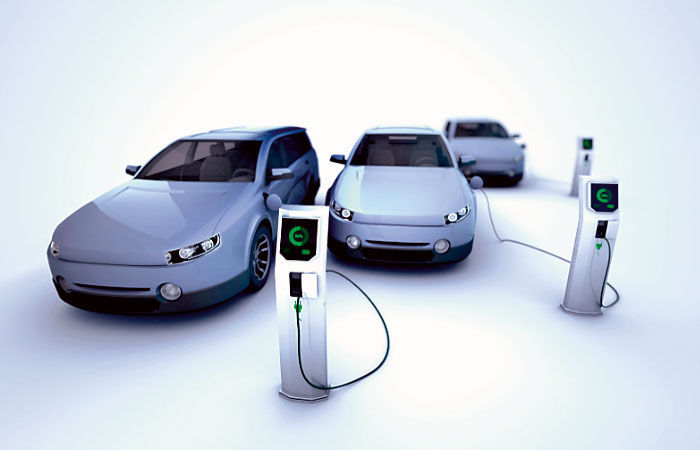
Union Budget 2024 Expectations: The NDA government led by Prime Minister Narendra Modi is going to present the first Union Budget of the third term tomorrow. Before the budget, the Economic Survey was released today. In which the performance of the government in the financial year 2023-24 was highlighted. The industry is hopeful that the central government will amend the policies regarding electric vehicles in the budget to be presented tomorrow.
This budget will be in line with the goal of making India a developed nation by 2047. Prime Minister Modi has also indicated that we will present a strong budget tomorrow. Which will focus on presenting India as a developed nation by the year 2047. The auto sector also has high expectations from the budget.
Earlier in the interim budget presented by the government on February 1, it was said that our government is working on developing a good electric vehicle eco system in the country. In future, our government will focus on the expansion and development of e-vehicles. An eco system supporting the production and charging of electric vehicles will be established. Electric buses will be adopted for public transport. Also, incentives will be given to expand their network.
Fame-3 is expected to be launched
As usual, the auto sector is waiting for the next phase of the Centre's Foster Adoption and Manufacturing of Electric Vehicles (FAME) scheme to promote electric vehicles. The deadline for FAME-2 was March 31. During this time, when the country's government was about to go to the election, the Electric Mobility Promotional Scheme (EMPS) was launched as a temporary scheme for 4 months, whose validity was ending in July. Now in such a situation, the third phase of the FAME scheme 'FAME-3' is expected to be launched.
According to media reports, the cost of this third phase of FAME can be Rs 10,000 crore. Which will provide financial assistance to electric two-wheelers and three-wheelers as well as government buses in the country. However, electric cars have not been included in this scheme yet. Since FAME-3 is a completely new scheme, vehicle manufacturers will have to apply for it again. Apart from this, this scheme can be started for a period of 2 years. It is worth noting that the FAME-2 scheme lasted for 5 years.
Extension of PLI:
The Production Linked Incentive (PLI) scheme has proven to be a game-changer for many different sectors in the country. Automobile manufacturers are hoping that the government will extend the PLI scheme for this sector. Therefore, steps to raise funds faster and encourage exports of electric vehicles will be big positives for the automotive industry.
Tax reduced on EV batteries:
The Automotive Component Manufacturers Association of India (ACMA) had sent its recommendations for the Union Budget 2024-25 a few days ago. In which there was a demand to reduce the GST rate on the components used in the production of electric vehicles. The industry has requested the government to reduce the GST rate on batteries used in electric vehicles to 18%, so that the cost of electric vehicles can be reduced. In general, the cost of battery in any electric vehicle can be around 40 to 45 percent.
Tax exemption on hybrid vehicles:
On the one hand, electric vehicles are benefiting from a minimum 5% GST tax. The tax rate on hybrid cars is also expected to be reduced in the budget. Currently, the maximum tax on hybrid vehicles in India is 43%, which is only 5% less than the 48% tax imposed on regular ICE (petrol-diesel) vehicles. In such a situation, the auto sector is expected to get tax exemption on hybrid vehicles in this budget.
Union Road and Transport Minister Nitin Gadkari said in his statement that he has requested the Finance Ministry to reduce the tax rate on hybrid vehicles to 12 percent. Gadkari said that the proposal to reduce GST on hybrid vehicles to 5 percent and 12 percent on flex fuel engines has been sent to the Finance Ministry for consideration.
 look news india
look news india